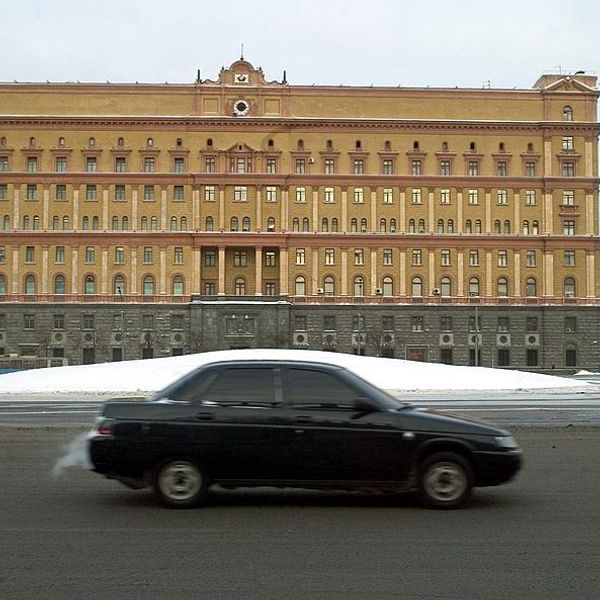Bottom Line Up Front
- Jihadist attacks in the Sahel are increasing in intensity against both military targets and Western economic interests.
- Islamic State in Greater Sahara (ISGS) continues to demonstrate its strong and growing capabilities in the Sahel, especially Burkina Faso.
- Burkina Faso is now a full-fledged operational area for jihadist and other countries in the region—Togo, Benin, northwestern Nigeria—are also under threat.
- Although Sahel-based groups linked to al-Qaeda and the Islamic State are not currently hostile toward each other, there is still little sign they will formally merge.
In early November, 38 workers of a Canadian-run gold mine in Burkina Faso were killed in an ambush while traveling on buses en route to their worksite. More than 60 others were injured. Foreign staff were spared, apparently only because they were aware of heightened kidnapping and other security risks posed by jihadists and therefore typically flew to the site by helicopter. The attack was not the first one on a mine in Burkina Faso. There have been nearly ten such attacks in Burkina Faso or just across its border in Mali since 2015, including one leading to the death of a Canadian national. Most of these have been attributed to Islamic State in Greater Sahara (ISGS) and al-Qaeda-loyal Jama'at Nasr al-Islam wal Muslimin (JNIM). No group has yet claimed the attack.
The latest assault comes on the heels of another major attack only days before in which ISGS militants killed more than 50 Malian soldiers in Mali’s Menaka region. ISGS claimed that attack in the name of Nigeria-based Islamic State in West Africa Province (ISWAP). Since early 2019, the Islamic State has claimed all ISGS operations in ISWAP’s name. From an Islamic State perspective, therefore, ISGS is administratively subsumed under ISWAP. As a result of the Menaka attack and the Burkina Faso mine attack, as well as several other large-scale ambushes on Malian soldiers in recent weeks, pressure from jihadists is mounting throughout the Sahel. Mali therefore recently announced its withdrawal from isolated military outposts to heavily guarded bases, closely resembling Nigeria’s decision to do the same earlier this year by consolidating its force posture into so-called ‘supercamps.’
ISGS’ leader is Abu Adnan Walid al-Sahrawi, although he has not been seen in any ISGS media since 2016. Prior to then, he was known for co-claiming a major attack on French-run mining facilities in Agadez and Arlit, Niger with longtime Algerian jihadist mastermind, Mokhtar Belmokhtar. At that time, al-Sahrawi was a member of Movement for Unity in Jihad and West Africa (MUJWA) and Belmokhtar was leading his own group. But soon after, al-Sahrawi declared his loyalty to the Islamic State and formed ISGS and Belmokhtar reaffirmed his loyalty to al-Qaeda. Despite parting ways with Belmokhtar, the al-Sahrawi-led ISGS continues to pursue attacks against foreign interests in the region as a significant feature of its operational profile. ISGS lacks the capabilities to target Western countries abroad, but it can do so in the Sahel itself. ISGS, for example, was also responsible for the 2017 ambush killing four U.S. special forces members in Tongo Tongo, Niger. The Burkina Faso mine attack and other mine attacks in Burkina Faso have similarly been intended to force Western countries out of the Sahel region economically and later militarily, thus paving the way for ISGS’ eventual rule.
JNIM, for its part, has been involved in targeting international hotels in Mali, Burkina Faso, and Côte d'Ivoire, and has launched multiple attacks on French and United Nations forces in Mali. Its operational profile is therefore similar to ISGS, but boasts more fighters under arms. JNIM commanders have also indicated some willingness to cooperate with ISGS and the two groups’ operations in the same vicinity suggests they are not overtly hostile to each other. Nevertheless, ISGS’ confirming its allegiance to Abu Bakr al-Baghdadi’s successor, Abu Ibrahim al-Hashemi al-Quraishi, in a photo release attributed to ISWAP indicates no ISGS-JNIM merger is imminent. The trends emerging from the most recent attacks in the Sahel are that jihadist operational areas are increasingly expanding from Mali into large swaths of Burkina Faso territory and Western economic interests are also key targets. If these trends continue, it would not be surprising if any of Burkina Faso’s neighbors suffer spillover violence, including Togo and Benin. It is also possible ISGS and Nigeria-based ISWAP will merge cells in northwestern Nigeria, which is only several hundred miles from the Burkinabe and Malian borders.











